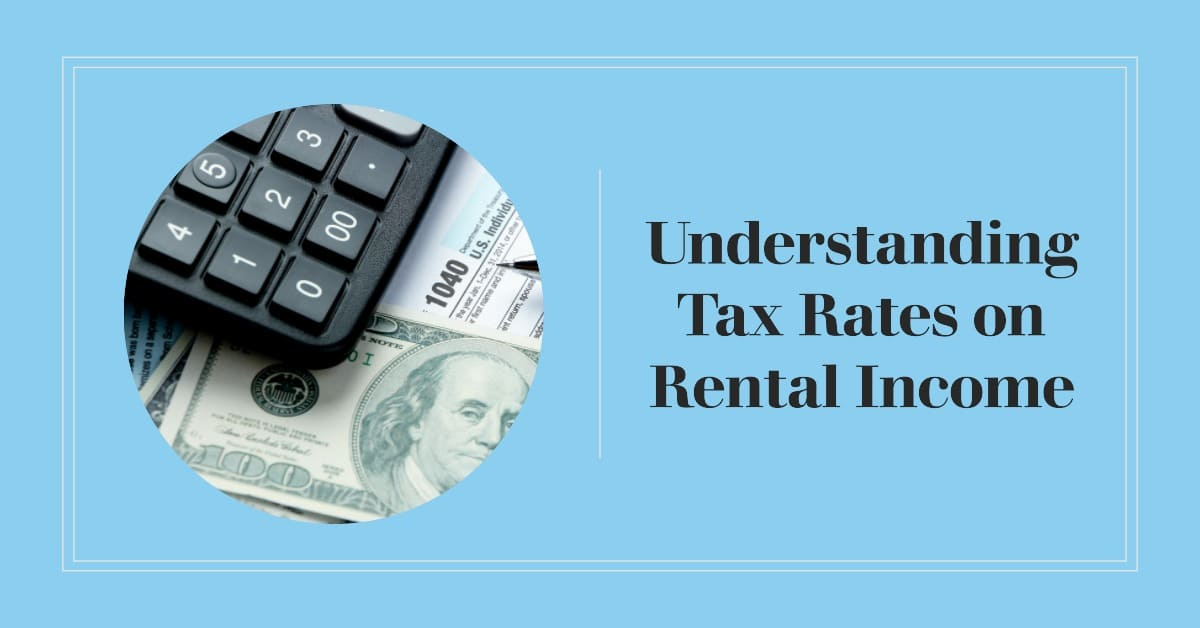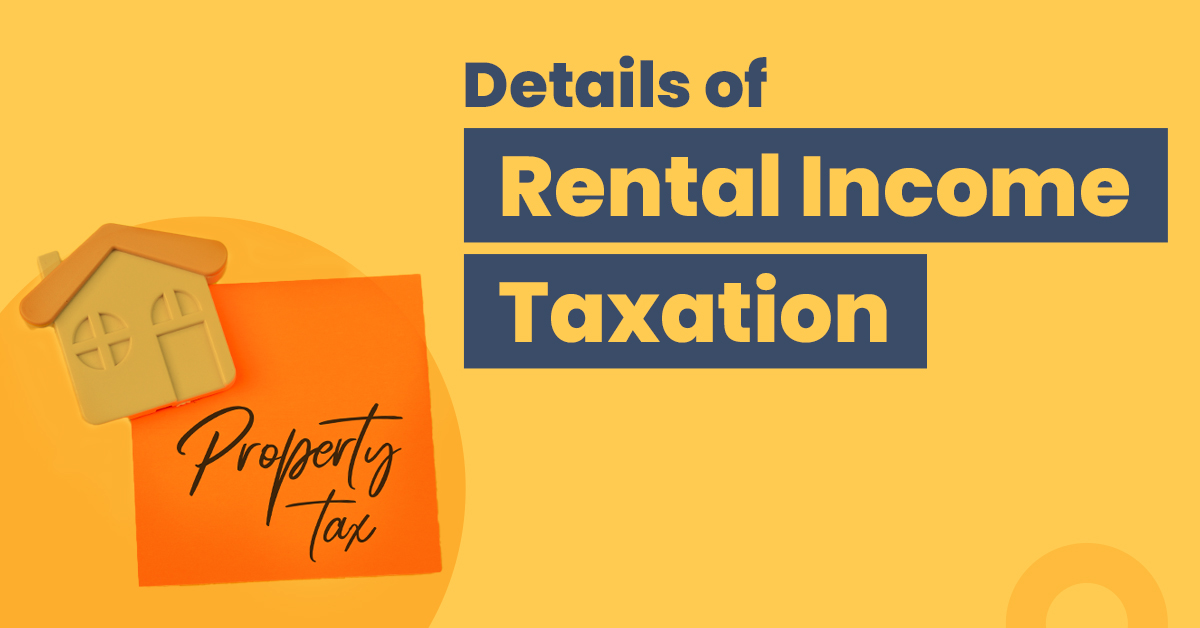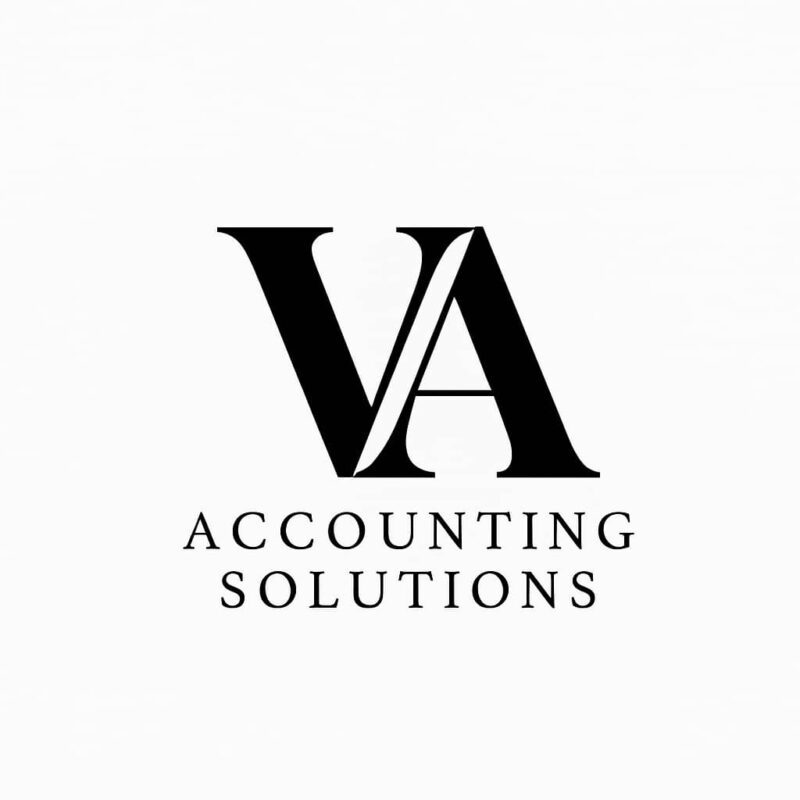UK rental income tax obligations are crucial to understand for anyone involved in letting property. As of the 2025/26 tax year, rental income is taxed in line with standard income tax bands, making it essential for landlords to be aware of their tax liabilities. This knowledge helps in accurate financial planning and ensures compliance with HM Revenue & Customs (HMRC) regulations.
This guide is essential for:
- First-time landlords: Individuals new to property letting who need to understand the basics of rental income taxation.
- Accidental landlords: Those who have become landlords unintentionally, perhaps by inheriting property or relocating and renting out their previous residence.
- Property investors: Individuals or entities investing in buy-to-let properties seeking to optimize their tax strategies.

What is UK Rental Income Tax Rate 2025?
In the UK, rental income is subject to Income Tax, and the amount you pay depends on your total taxable income, which includes earnings from employment, pensions, and other sources. For the 2025/26 tax year (6 April 2025 to 5 April 2026), the Income Tax bands for England, Wales, and Northern Ireland are as follows:
- Personal Allowance: Up to £12,570 – 0% tax rate
- Basic Rate: £12,571 to £50,270 – 20% tax rate
- Higher Rate: £50,271 to £125,140 – 40% tax rate
- Additional Rate: Over £125,140 – 45% tax rate
It’s important to note that the Personal Allowance decreases by £1 for every £2 earned over £100,000, meaning individuals earning above £125,140 receive no Personal Allowance.
How Rental Income is Taxed
Rental income is added to your other sources of income to determine your total taxable income. After deducting allowable expenses (such as property maintenance, letting agent fees, and mortgage interest), the net rental profit is combined with your other income. The total amount is then taxed according to the applicable Income Tax bands.
Example Scenario
Consider an individual with a salary of £40,000 and net rental income of £15,000 after expenses. Their total taxable income would be £55,000. This places them in the Higher Rate tax band, resulting in:
- First £12,570: 0% tax
- Next £37,700 (£12,571 to £50,270): 20% tax = £7,540
- Remaining £4,730 (£50,271 to £55,000): 40% tax = £1,892
- Total Income Tax: £7,540 + £1,892 = £9,432
Allowable Expenses and Deductions
In the UK, landlords can legally deduct certain expenses from their rental income to determine their taxable profit. Understanding these allowable expenses is crucial for accurate tax reporting and optimizing tax liabilities.
Allowable Expenses for Landlords
Landlords can deduct the following expenses from their rental income:
- Repairs and Maintenance: Costs incurred for maintaining the property in a rentable condition, such as fixing leaks or repairing broken fixtures.
- Letting Agent Fees: Charges for services like tenant sourcing, rent collection, and property management.
- Insurance Premiums: Premiums for policies covering buildings, contents, and landlord liability.
- Utility Bills and Council Tax: If the landlord pays these on behalf of the tenant, they are deductible.
- Advertising Costs: Expenses related to marketing the property to prospective tenants.
- Professional Fees: Fees paid to accountants, solicitors, or other professionals for services related to the rental property.
- Travel Expenses: Costs of traveling to the property for maintenance, inspections, or management purposes.
- Replacement of Domestic Items: Costs for replacing items like furniture or appliances, provided they are replacements and not initial purchases.
It’s important to note that expenses must be wholly and exclusively for the rental business to qualify for deduction.
UK Rental Income Tax Rate 2025– Impact of Mortgage Interest Relief Changes
Previously, landlords could deduct mortgage interest payments from their rental income. However, from April 2020, this relief has been restricted. Now, landlords receive a basic rate tax reduction (currently 20%) on their finance costs, rather than deducting them from rental income. This change can result in higher taxable profits and potentially increased tax liabilities, especially for higher-rate taxpayers. It’s essential for landlords to understand these changes and plan accordingly.

Furnished vs Unfurnished Rentals: Tax Treatment and Reliefs
In the UK, rental income from both furnished and unfurnished properties is generally taxed similarly. Landlords can deduct allowable expenses such as repairs, letting agent fees, insurance, and maintenance costs from their rental income to determine taxable profits.
However, the Furnished Holiday Lettings (FHL) regime, which previously offered specific tax advantages for qualifying furnished properties, is being abolished. From 6 April 2025, all property income will be treated uniformly for tax purposes, eliminating the distinct tax benefits previously available to FHLs.
UK Rental Income Tax Rate 2025: How to Report Rental Income
UK Rental Income Tax Rate 2025– Self-Assessment Process
Landlords must report rental income through the Self Assessment system. If you’re new to letting property, you need to register for Self Assessment by 5 October following the end of the tax year in which you received rental income.
Deadlines
- Paper Tax Returns: Due by 31 October following the end of the tax year.
- Online Tax Returns: Due by 31 January following the end of the tax year.
For example, for the 2024–2025 tax year, the paper return deadline is 31 October 2025, and the online return deadline is 31 January 2026.
UK Rental Income Tax Rate 2025 Changes: Making Tax Digital and Other Updates
Making Tax Digital (MTD)
The UK government is introducing Making Tax Digital for Income Tax Self-Assessment (MTD for ITSA) to streamline tax reporting:
- From 6 April 2026, landlords with annual property income over £50,000 must comply.
- From 6 April 2027, the threshold lowers to £30,000.
- From 6 April 2028, it further reduces to £20,000.
Under MTD, landlords will need to maintain digital records and submit quarterly updates to HMRC using compatible software.
Abolition of Furnished Holiday Lettings Regime
As mentioned earlier, the FHL regime is being abolished from 6 April 2025, meaning all property income will be taxed under the same rules, removing previous tax advantages for FHLs.
Tips for Tax Efficiency
Joint Ownership
If a property is jointly owned, rental income is typically split according to ownership shares. However, spouses or civil partners can elect to split income differently by submitting a Form 17 along with a declaration of trust to HMRC.
Incorporation
Some landlords consider setting up a limited company to manage rental properties, potentially benefiting from corporation tax rates. However, this approach has complexities and implications, so professional advice is essential.
Utilize Allowances
Landlords can claim a £1,000 property income allowance, which allows them to earn up to £1,000 tax-free from property income. Alternatively, they can deduct allowable expenses, but not both.
Conclusion
Understanding the tax implications of UK rental income tax rate 2025 is crucial for landlords. With upcoming changes like the abolition of the FHL regime and the introduction of MTD, staying informed and compliant is more important than ever. Consulting with a tax advisor or accountant can provide personalized guidance to navigate these changes effectively.
FAQs: UK Rental Income Tax Rate 2025
1. What is the rental income tax rate in the UK for 2025?
UK Rental income tax rate 2025 is taxed according to your total income and falls within the standard UK income tax bands for 2025:
- Basic Rate (20%): Income between £12,571 and £50,270
- Higher Rate (40%): Income between £50,271 and £125,140
- Additional Rate (45%): Income over £125,140
Rental income is added to other sources of income to determine your applicable tax band.
2. Do I need to report rental income if it’s under £1,000?
If your gross rental income is £1,000 or less in a tax year, you may not need to report it, thanks to the property income allowance. If your expenses exceed £1,000, you may choose to opt out of the allowance and deduct actual expenses instead.
3. Can I deduct mortgage interest from rental income in 2025?
No. As of 2020, you can no longer deduct mortgage interest directly. Instead, you get a 20% tax credit on mortgage interest payments, which applies to your tax liability, not taxable income.
4. What expenses can I deduct from my rental income?
Allowable expenses include:
- Property repairs and maintenance (not improvements)
- Letting agent fees
- Landlord insurance
- Council tax and utility bills (if paid by you)
- Accounting and legal fees
- Replacement of domestic items
5. How do I report rental income to HMRC?
Through the Self Assessment system. Register with HMRC by 5 October following the end of the tax year. File online returns by 31 January of the following year.
6. Are there any changes for landlords in 2025?
Yes. From April 2025, the Furnished Holiday Lettings (FHL) regime is being abolished, meaning all property income will be treated the same for tax purposes. Additionally, Making Tax Digital for Income Tax begins in 2026 for landlords earning over £50,000, but preparation should begin now.
7. Is it better to own rental property personally or through a company?
Owning through a limited company may offer tax efficiency (with corporation tax at 25%), but it involves complex considerations such as dividend taxation and administrative costs. Always seek professional advice before incorporating.
8. Can I split rental income with my spouse to reduce tax?
Yes. If jointly owned, income is typically split 50/50. You may change the split based on actual ownership shares by submitting Form 17 and a declaration of trust to HMRC.
9. Do I need to pay National Insurance on rental income?
Generally, no, unless you’re considered to be running a property business (e.g. you let over 20 properties or run a full-time furnished holiday let business).
10. What should I do if I’ve not declared past rental income?
Use HMRC’s Let Property Campaign to voluntarily disclose undeclared income. This may reduce penalties and interest.
